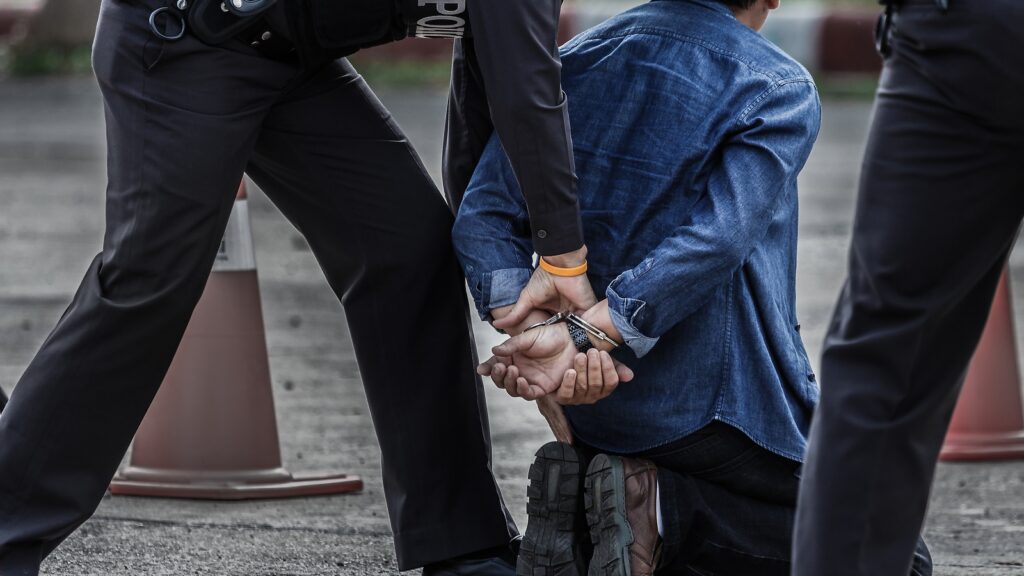In Missouri, the decision to try a juvenile as an adult involves a nuanced evaluation of multiple factors. While the legal system aims to prioritize rehabilitation for juveniles, certain circumstances may lead to a transfer to adult court. It is essential for juveniles and their families to seek experienced legal representation in St. Louis to navigate the complexities of the legal process and ensure a fair and just outcome.
If you are facing charges, you need a skilled and tenacious juvenile defense lawyer in your corner. Call Combs Waterkotte right now at (314) 900-HELP or contact us online for a free consultation. Here, we will explore the factors and circumstances that could lead to a juvenile being tried as an adult.
When Can a Juvenile Be Tried as an Adult in Missouri?
In order to be prosecuted as an adult, the juvenile must generally be at least 12 years of age and must be charged with a felony. Referred to as a certification hearing, this can be requested by the juvenile officer, the child’s custodian, or the court may decide to conduct such a hearing on its own. In accordance with Revised Statutes of Missouri § 211.071, known as Jonathan’s Law, this certification hearing is required if the juvenile is charged with the following:
- First Degree Murder as defined by RSMo. § 565.020
- Second Degree Murder under RSMo. § 565.021
- First Degree Assault under RSMo. § 565.050
- Robbery in the First Degree under RSMo. § 570.023
- Manufacturing of a Controlled Substance as defined by RSMo. § 579.055
- Rape in the First Degree under RSMo. § 566.030
- Sodomy in the First Degree under RSMo. § 566.060
- Two or more prior felonies
Factors Considered By the Court:
No matter if you are facing any of the above charges or not, don’t hesitate to reach out to a skilled attorney at Combs Waterkotte who specializes in juvenile defense. You could still be tried as an adult. We will do our best to make sure you are not. Call us at (314) 900-HELP or reach out to us online.
Some of the other factors a judge or the Juvenile Division of the Circuit Court may use to determine whether you could be tried as an adult include:
- Severity of the Offense: Offenses that pose a significant threat to public safety may also be considered for transfer to adult court. Serious and violent crimes such as murder, armed robbery, or sexual assault may increase the likelihood of a juvenile being tried as an adult in St. Louis or elsewhere throughout Missouri.
- Prior Criminal Record: If you have a history of repeated offenses or a significant criminal record, you may face an increased likelihood of being tried as an adult. The Juvenile Division may consider your past interactions with a judge, a probation officer, or a detention center when determining the appropriate course of action.
- Age: This goes hand-in-hand with your prior record. Typically, the age at which a juvenile may be tried as an adult is 16, but exceptions exist for going as low as 12 based on particularly severe crimes. Seeing as the Juvenile Division prioritizes rehabilitative measures rather than punishment, judges don’t typically want to try you as an adult.
- Public Safety Considerations: Lastly, if the court believes that transferring you to adult court is necessary for public safety, it may decide to do so. Our St. Louis juvenile defense attorneys can present mitigating factors to the court on your behalf.
Combs Waterkotte has experience defending juveniles in St. Louis and throughout Missouri. Call us now for help at (314) 900-HELP or contact us online.
Reach Out to Combs Waterkotte Today to Find Out When a Juvenile Can Be Tried as an Adult in Missouri
Navigating the complex legal landscape involving juvenile offenses and the potential transfer to adult court is a harrowing experience, particularly if you are doing it on your own. Understanding when you could be tried as an adult is crucial, both for you and your family.
Don’t try to do this on your own. Combs Waterkotte is here with legal expertise, as well as support and guidance. Call us immediately at (314) 900-HELP or contact us online for a free, no-obligation case review.




